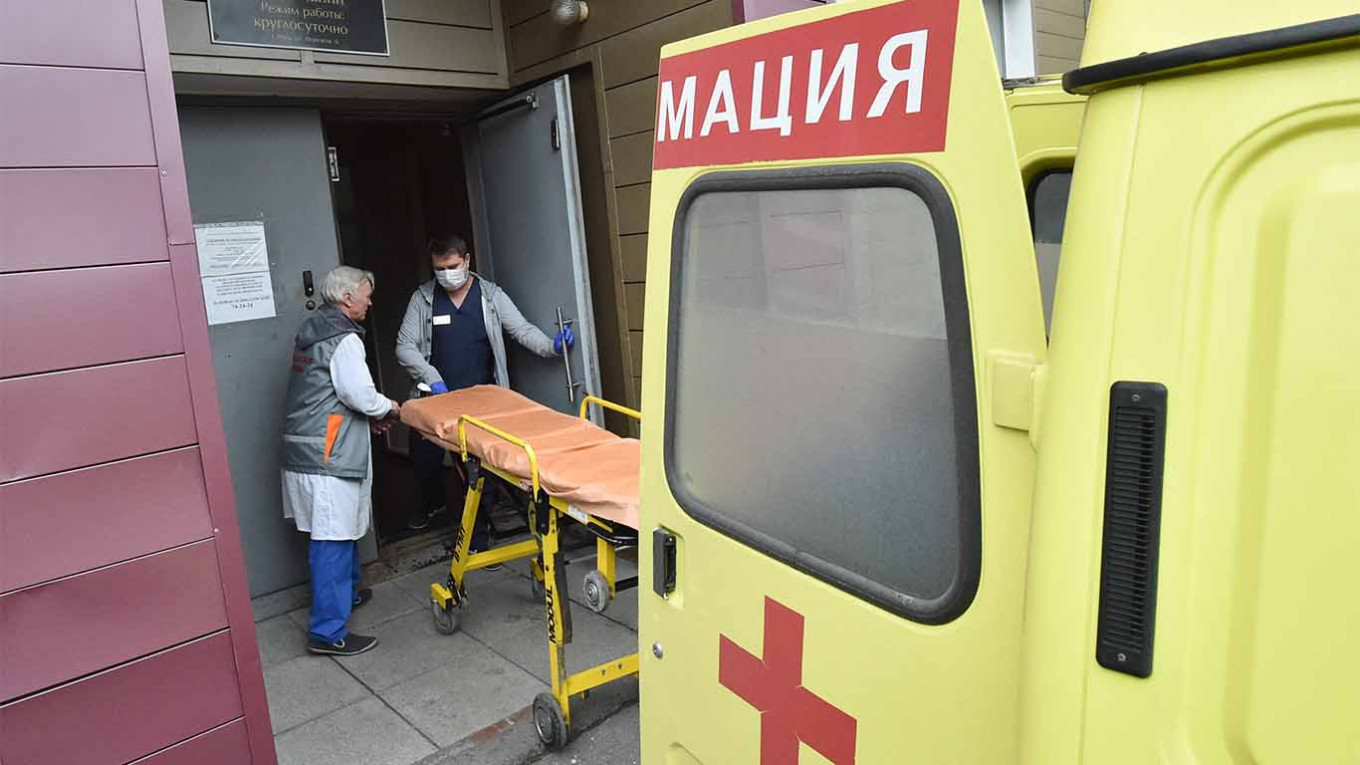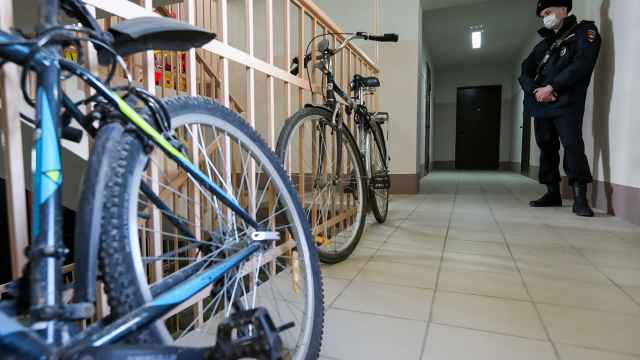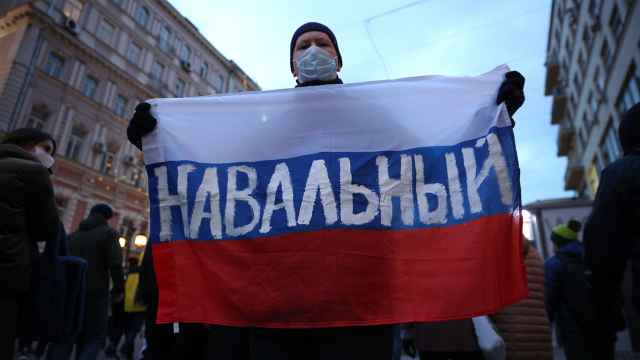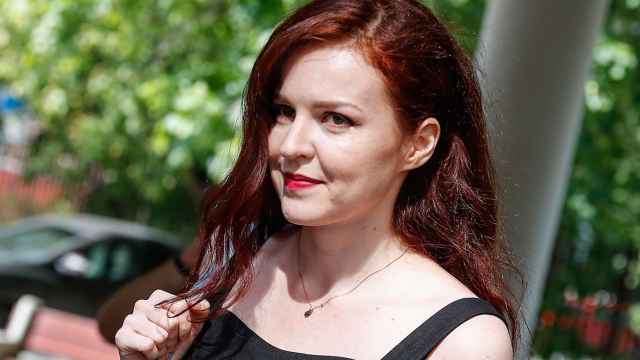A Russian toxicologist said Friday that opposition leader Alexei Navalny's health could have deteriorated due to dieting, stress or fatigue, insisting no poison had been found in his samples in Siberia.
Russia faces the threat of new sanctions after Germany said this week that President Vladimir Putin's top foe had been targeted with Novichok, a banned warfare agent.
The 44-year-old opposition politician fell ill on a flight last month and was treated for two days in a clinic in the Siberian city of Omsk before being evacuated to Germany.
The Kremlin has denied targeting Navalny, who is still in a coma.
In a statement by Omsk regional authorities carried by Russian news agencies, chief regional toxicologist Alexander Sabayev said Navalny had suffered from stomach problems before he fell ill.
"The patient used diets to lose weight," Sabayev told reporters.
"This situation could have been provoked not only by diets, it could have also been provoked by possible instances of drinking to excess which we don't know about. It could have been provoked by stress and fatigue," he added.
"Any external factors could have triggered a sudden deterioration. Even a simple lack of breakfast."
Sabayev said Navalny had been tested for poisonous substances including chemicals known as cholinesterase inhibitors as soon as he had been admitted.
The Omsk toxicologist said no poison had been found in Navalny's samples and his kidneys, lungs and liver had no signs of damage.
"Therefore we can say there were no toxic agents in the patient's body," Sabayev said.
Contacted by AFP, the spokeswoman for Omsk governor Alina Atamanenko said she did not have Sabayev's statement and could not provide further details.
Navalny's poisoning has sparked a new crisis in ties between Russia and the West, and an urgent NATO meeting Friday is set to discuss Navalny's case.
Pro-Kremlin figures have already wheeled out a number of eyebrow-raising theories including that Navalny might have been poisoned by Germans or have poisoned himself.
Russia has in the past denied responsibility for a Novichok attack on former double agent Sergei Skripal and his daughter in England in 2018 as well as a litany of similar incidents.
A Message from The Moscow Times:
Dear readers,
We are facing unprecedented challenges. Russia's Prosecutor General's Office has designated The Moscow Times as an "undesirable" organization, criminalizing our work and putting our staff at risk of prosecution. This follows our earlier unjust labeling as a "foreign agent."
These actions are direct attempts to silence independent journalism in Russia. The authorities claim our work "discredits the decisions of the Russian leadership." We see things differently: we strive to provide accurate, unbiased reporting on Russia.
We, the journalists of The Moscow Times, refuse to be silenced. But to continue our work, we need your help.
Your support, no matter how small, makes a world of difference. If you can, please support us monthly starting from just $2. It's quick to set up, and every contribution makes a significant impact.
By supporting The Moscow Times, you're defending open, independent journalism in the face of repression. Thank you for standing with us.
Remind me later.






